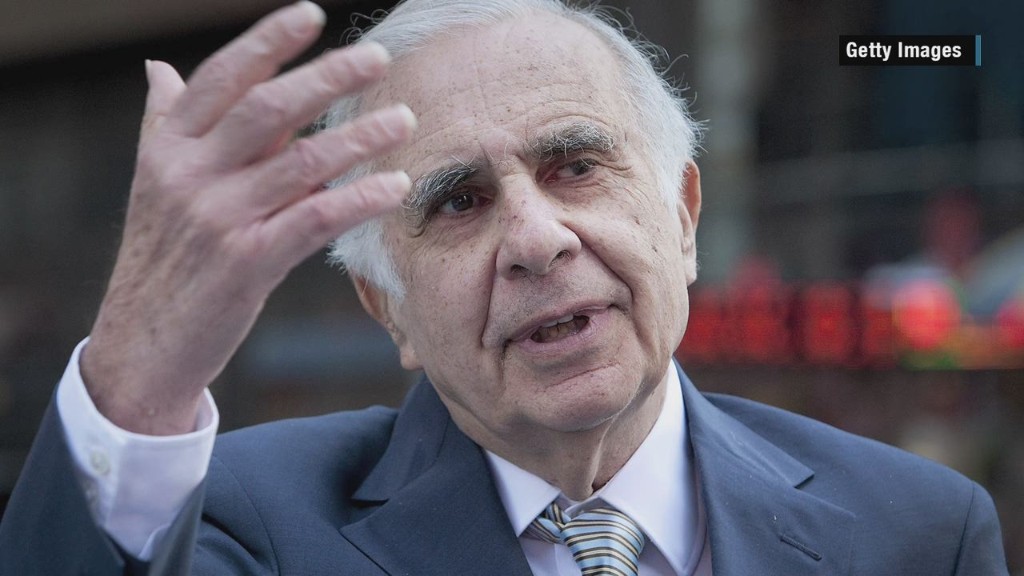
A coalition of senators shut out 34 proposed changes to a bill aimed at loosening Dodd-Frank financial regulations imposed on small and regional lenders after the financial crisis.
The bill, which ended up passing out of the Senate Banking Committee by a vote of 16 to 7 Tuesday, would raise the threshold at which banks are labeled as "too big to fail" to $250 billion from $50 billion in assets. Doing so, alleviates these firms from some of the most stringent rules under the 2010 Dodd-Frank regulatory reform law.
While the proposal already has the backing of 10 Democrats, progressives like Sens. Sherrod Brown and Elizabeth Warren staunchly opposed the measure for its inadequate consumer protections.
Those senators, along with others, offered legislative fixes -- including protecting private student loan borrowers, holding financial executives accountable for causing harm to the U.S. economy and providing consumers with stronger tools to control their credit reports.
While a number of technical corrections were made, none of the proposed changes were adopted.
"I will offer amendments today to try to make improvements to this bill," said Brown at the hearing. "But I am not optimistic that many will be adopted, because what is driving this bill is the demands of the banking industry, not the needs of ordinary Americans."
Related: Next up: Big fight over Dodd-Frank rollback
In order to advance the bill, Republicans and several moderate Democrats on the Senate panel brokered a deal not to accept any amendments to the legislative proposal, which was spearheaded by the committee chairman, Sen. Mike Crapo.
Crapo's measure not only raises the threshold for too-big-to-fail banks but it also exempts financial institutions with less than $10 billion in assets from the so-called Volcker Rule, which bars banks from making risky market bets with their own capital.
"This bill, like the tax bill last week and the health care bill before it, sends the message that this Congress is not very interested in helping hardworking middle class Americans," said Brown during the hearing.
Crapo agreed there were gaps in the proposal, but said a driving reason certain provisions were not included was a failure to reach bipartisan agreement on many of them.
"Some of us, I'm one and you're one," Crapo said, as he nodded to Brown, "would like to see other financial issues covered. But we were not able to get the kind of consensus we needed on many of them."
At the outset of the hearing, a number of senators made clear they planned to vote down any legislative fixes in order to honor the months of work to craft the bipartisan legislation.
"This bill is a product of months of bipartisan negotiation," said Sen. Jon Tester, a Democrat, who described proposed amendments as having "the sole goal of potentially driving wedges" between lawmakers.
"The fact is it's been years. We've been at this for five or six years negotiating on a bill -- and this is the final product," he said.
Senators on both sides of the aisle acknowledged their Democratic colleagues offered "many good agreements," but said they would still stick to their pledges.
"We've agreed to link arms to make sure that we don't move this bill dramatically in any one direction or the other," said Sen. Mark Warner, a Virginia Democrat.
Related: Republicans say CFPB is crippling the economy. Really?
While Tester acknowledged he and other members of the panel didn't get everything they wanted, he said the proposal is "a very good step."
That sentiment was echoed by Republican lawmakers, who also noted its imperfections.
"This is a good bill ... but there ain't no Coupe de Ville hiding at the bottom of a Cracker Jack box," Sen. John Kennedy, a Republican, said referencing a song by Meatloaf called "Two Out of Three Ain't Bad."
"There are going to be some amendments offered today that have merit, but I'm going to have to reluctantly vote against them because I gave my word that we wouldn't start to retrade the agreement," said Kennedy.
Warren expressed alarm over her colleagues' actions.
"I am very disturbed to hear my colleagues say they are going to vote down amendments, even amendments they think are good amendments, because of a deal that was negotiated behind closed doors," said Warren. "We ought to pass a better bill than the one that has been offered to us."
Related: Too-big-to-fail banks keep getting bigger
Crapo initially began the process of drafting a legislative proposal with Brown. But talks broke down earlier this fall, prompting Crapo to negotiate with moderate Democrats on the Senate panel, including Sens. Jon Tester, Heidi Heitkamp and Joe Donnelly.
Efforts to overhaul the 2010 Dodd-Frank law have failed in the past because Democrats have argued Republicans went too far in gutting safeguards aimed at protecting consumers and ensuring that Wall Street doesn't cause another meltdown.
The latest plan, however, has gotten initial support from regulators like Federal Reserve Chairwoman Janet Yellen and Jerome Powell, Trump's pick to be the next Fed chair.
In testimony before the Joint Economic Committee in November, Yellen said the bill is "a move in a direction that we think would be good," while emphasizing she hadn't reviewed the proposal closely.
Powell also endorsed Crapo's measure to provide regulatory relief to financial institutions during a hearing last week, while agreeing it would still give latitude to the Fed to supervise and regulate banks as needed.


